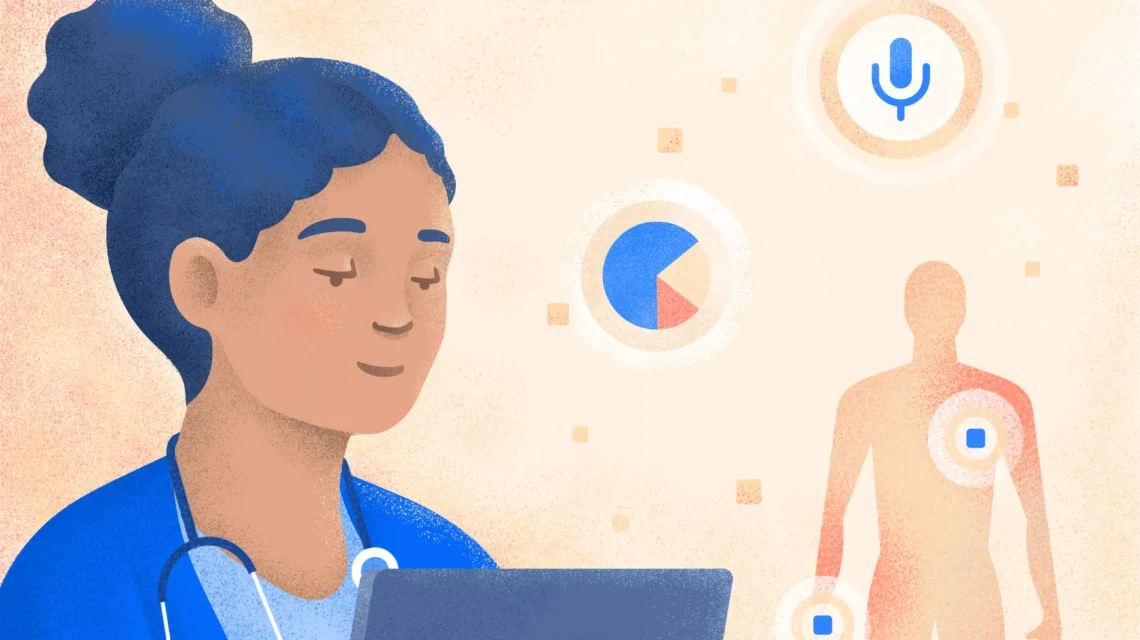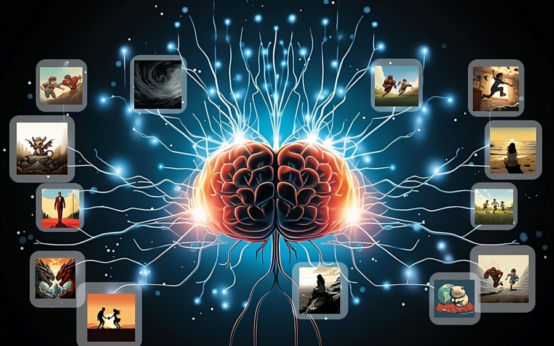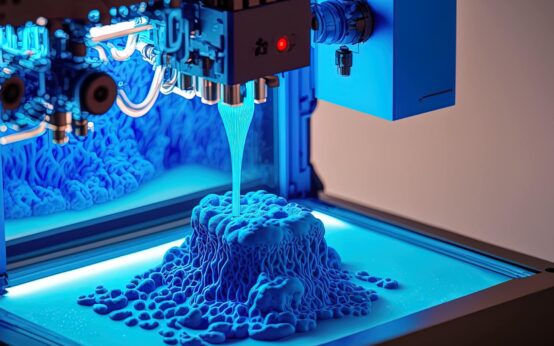Today’s fast-paced technological world combines groundbreaking technological advancements with the timeless value of human touch in the field of medicine Centric care. As data is seamlessly integrated into clinical decision-making, a wide range of possibilities emerge — from improved patient-specific treatments to groundbreaking discovery of diseases. Our efforts to navigate the uncharted waters of data-driven medicine must be guided by the sanctity and primacy of patient care, while technology may be a powerful tool.
Delving Deeper into the Benefits of Data-Driven Medicine
A data-driven approach to medicine can be described as a one-two punch of cutting-edge algorithms and exhaustive data reservoirs that allow clinicians to:
The ability to design tailored treatment paths is now possible because physicians can take into account the nuances of each patient based on their genetic code, lifestyle choices, and medical history. The odds of favorable outcomes are increased as well as adverse reactions are minimized by such an approach.
Identify diseases before they manifest: Advanced data tools can be prognostic, indicating the onset of diseases long before they manifest clinically. AI algorithms can analyze retinal images and offer predictions about potential cardiovascular risks many years in advance, for example.
Aim Higher in Medical Research: Researchers can pinpoint patterns and establish correlations that would otherwise remain obscure by sifting through vast and often overwhelming datasets. In addition to allowing for accelerated discovery of drugs and innovative therapeutic methods, this capability is monumental.
While treading carefully, we must be cautious
While medicine has promising prospects, it’s imperative to be aware of potential pitfalls as well. At its core, medicine is a delicate balance between science and art. In expressing their fears, aspirations, or discomforts, patients often convey emotional nuances that no algorithm can grasp in its entirety, regardless of how sophisticated the algorithm is.
A deep-seated trust in algorithms may inadvertently overshadow the invaluable expertise, intuition, and years of experience clinicians bring to the table if we put too much trust in technology. Because algorithms are based on their training data, they are not immune to errors or overlooked biases. Inappropriate or erroneous data can skew results, potentially leading to misdiagnosis or incorrect treatment.
There is a danger of impersonal care in the absence of therapeutic touch, empathetic ear, compassionate word-essential elements of healing that cannot be replicated by technology. As healthcare institutions become more and more entwined with technology, there is a palpable danger that these human elements will recede, creating a sterile and impersonal care environment.
There are several ways to ensure patient privacy and security. As data collection increases, the potential threat to it increases as well. Patient data isn’t mere facts or numbers; it’s an important narrative that needs to be protected and respected. In a related context, understanding the ‘Historical Evolution of Classical AI Image Generators‘ can offer insights into how data protection techniques have evolved over time.
Striking the Perfect Harmony
A harmonious balance between data-driven medicine and healthcare must be achieved in order to ensure that data-driven medicine augments rather than diminishes the landscape. A few ways to achieve this are to:
A holistic approach to health care should ensure that technology enhances, not overshadows, human judgement. Trainees should have access to algorithms, but should also rely on their own experience and intuition in making decisions as well.
The importance of one-on-one patient interactions cannot be overstated even though digital tools offer invaluable insights. As part of medical training, this communication must always be stressed, ensuring the patient remains at the Centre of every decision made regarding his or her care.
A patient’s trust is cultivated and maintained through the collection, storage, and use of ethical data practices. Transparency is crucial, as well as top-tier security measures.
Summary
It is an exciting time for data-driven medicine; however, as we embrace this change, the principles of patient care must be our guide. In all its intricate complexity, the human experience cannot be reduced to mere data points. A fundamental human value must remain firmly rooted as we marry technology with medicine.

 Robotics Efficiency: Optimal Object Packing
Robotics Efficiency: Optimal Object Packing  Daron Acemoglu Wins A.SK Social Science Award
Daron Acemoglu Wins A.SK Social Science Award  AI Learning: The Power of Synthetic Imagery
AI Learning: The Power of Synthetic Imagery  Machine Learning’s Role in Perfecting 3D Printing
Machine Learning’s Role in Perfecting 3D Printing  Expert Insights on 2047’s Semiconductor Horizon
Expert Insights on 2047’s Semiconductor Horizon  Desalination’s Triumph Over Batteries
Desalination’s Triumph Over Batteries